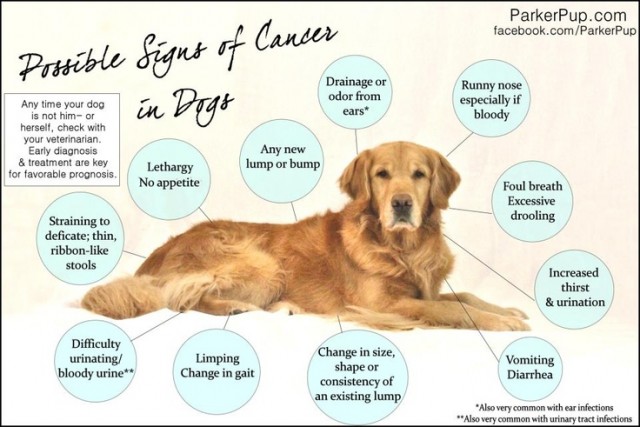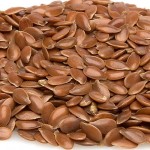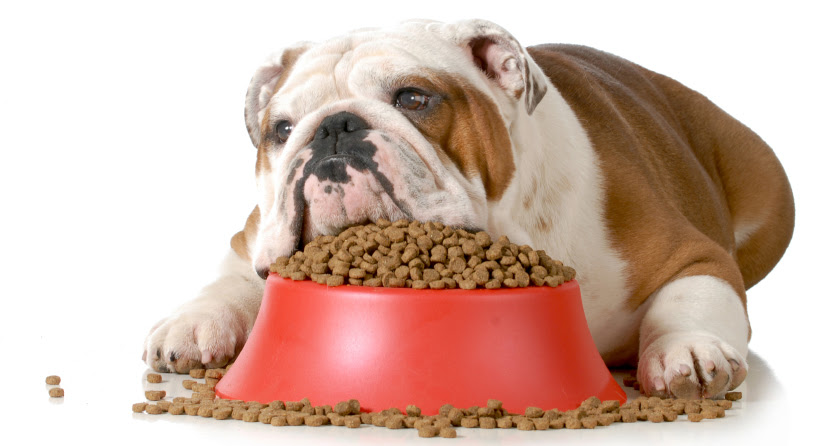Fifty percent of dogs over the age of 10 develop cancer at some point. We see malignant lymphoma, which is a tumor of the lymph nodes. We see mast cell tumors, which is a form of skin cancer. There are mammary gland tumors, or breast cancer, and soft tissue sarcomas.
An excerpt from Raw Meaty Bones By Tom Lonsdale, Veterinary Surgeon
In 1981 Richard Doll and Richard Peto published The Causes of Cancer, a report commissioned by the US Congress. The authors estimated that about one-third of human cancers were due to smoking and one-third due to diet. A variety of factors including viruses, genetics, environment and unknown causes accounted for the remaining third.
In 1997 the World Cancer Research Fund experts drew heavily on Doll and Peto’s evidence and stated:
Cancer is largely a preventable disease; the incidence of cancer can be substantially reduced by means of diet.The panel explained that ‘there is no absolute proof’ but that their opinions were firmly based.
They said:
The strongest evidence indicating that food and nutrition modify the risk of cancer comes from a combination of different types of epidemiological enquiry, supported by experimental findings, and by identification of plausible biological pathways.
At this stage the US Congress has not commissioned a study into the dietary impact on cancer in domestic pets. This, however, should not stop us from interpreting the available evidence in order to broadly assess the situation. If we remove smoking from the equation – some pets smoke passively, none smoke actively – and if we remove viruses, genetics and the environment as being factors common to both people and pets, we are left with diet as the principal factor. But where people obtain dietary carcinogens from many sources including the butcher’s shop, liquor shop, fast food outlets and several aisles at the supermarket, pets tend to receive theirs direct from a single supermarket aisle.
Artificial Pet Foods
Knowledge of plausible biological pathways supports the diet/cancer connection. For instance we know that the pointless, persistent proliferation of cancer cells is frequently triggered by the effects of unusual chemicals on DNA. Artificial pet foods contain a mass of unusual chemicals which, when cooked together, create still more unusual chemicals. The inflammation and bacterial activity of periodontal disease create a further chemical load, including free radicals, which could be carcinogenic.
Learn more about the canine dental disease here
Cancer is thought to occur when the usual repair functions of the body are in some way disabled. At the cellular level there are enzymes designed to repair damaged DNA and thus prevent mutations. Besides removing dead cells, the immune system is believed to have a surveillance function monitoring and removing early cancer cells. When diet is sub-optimum both enzyme health and immune system health are impaired. A further problem with artificial diets is the lack of anticancer compounds such as the naturally occurring antioxidant vitamins.
Prevention
“Prevention is better than cure” is especially apt when considering cancer. While it is true that cancer mostly reveals itself in later life, it is generally believed that the first changes to DNA can occur many years earlier. Thus for prevention to stand the maximum chance of success it needs to be commenced early. Similarly treatment of any cancer is facilitated by early detection. Though I cannot say that introducing a natural diet has produced remission of cancer in my patients, it nonetheless makes good sense to ensure that the diet and oral hygiene of all patients is optimal.
Preventive dietary strategies for human cancer are now beginning to be understood. In its simplest form this entails choosing a predominantly plant-based diet — rich in a variety of vegetables and fruits, legumes and minimally processed starchy foods. When considering an anti-cancer diet for carnivores it is unwise to make too close a comparison with the human anticancer diet. Unless and until research demonstrates that carnivores benefit from a high vegetable diet it would be wise to follow closely the natural diet of free-living wild carnivores — whole carcasses of raw meaty bones.
Source
Tom Lonsdale graduated from the Royal Veterinary College, University of London. He is the man behind the Raw Meaty Bones website and is known for his passion for a change in the way vets are taught and how pets are treated. In 2001 he released his book “Raw Meaty Bones: Promote Health“











